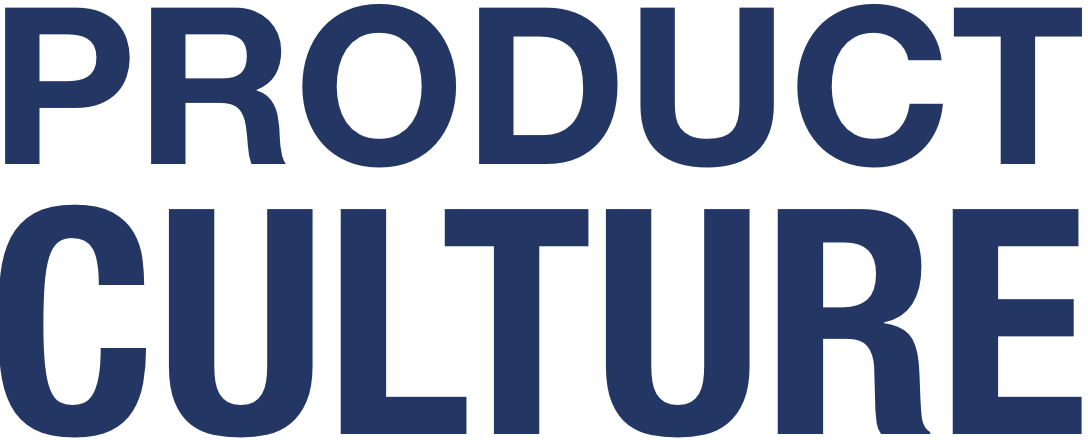I take a controversial position on what to look for in hiring a product manager. I believe it is more important that you hire a good leader and communicator than a good technologist.
Am I one of those people who believes product managers are really just disguised marketing people, the kind who don’t really understand what they are selling?* No.
But I do think that you can’t really understand market needs and craft a plan to meet them without the ability to listen, make decisions, and paint a picture of how people will benefit from your proposed solution. In my mind, these are the core aspects of leadership.
Listening Is The Most Important Form of Leadership
Note that I mentioned the “ability to listen” first in leadership skills. I am not talking about being a dictator or a good speechmaker. I am emphasizing the soft skills of getting behind a customer’s list of feature requests to understanding them, their job, their life, and their problems perhaps better than they do themselves.
When I am hiring product managers, I look for the following qualities in this order:
Leadership Skills (listening, deciding, communicating a vision)
Analytical Approach
Business Sense
Domain Knowledge
Technical Knowledge
Aspiring product managers often seek my advice on how to get that first job in the profession. A lot of them are engineers wanting make the leap to product. They have good experience with the software development process and usually have good analytical skills as well. Often the first question they ask is, “Should I get an MBA?”
This would check off Analytical Approach, Business Sense and Technical Knowledge on the list above, but what I am usually evaluating while we talk is how strong they are in Leadership Skills.** Why? Let’s look at the process of developing a new product and the skills needed for each stage.
Skills for Developing a New Product
Technical Knowledge Is Last on My List
You might argue with a few of my checkmarks above, but the trend is pretty clear. Technical knowledge is most useful when proposing solutions to market problems. It’s also useful when you are making trade-offs between different ways to implement a solution, and when evaluating the effort involved with solving equally-valuable problems.
A product manager needs to be analytical enough to understand the business effects of technical decisions, but doesn’t have to come equipped with all of the relevant technical know-how herself.
It’s a better idea to bring your engineering folks into the conversation and use their technical knowledge. Their technical skills are going to be better than the product manager’s anyway, and having a collaborative discussion among smart people with differing skills and points of view is bound to be more productive than your product manager sitting alone in her office dreaming up ideas.
Domain Knowledge Will Come
Another mistake hiring managers often make is to bring in domain experts with no product management experience. As you can see above, though, domain knowledge, while useful in picking and understanding a market, is only a head start on the process, not a differentiator in the end.
A good leader (listener, decision-maker, picture-painter) will pick up this market knowledge as part of the initial discovery process. To succeed, a product manager must acquire market knowledge, but doesn’t necessarily have to start with it.
But isn’t saying you can acquire some of this stuff on the job cheating? No.
Leadership skills are much harder to learn (especially quickly) than information about a market or a technology. Moreover, good two-way communication skills (listening and articulating a vision) will enable you to learn the other things, while domain and technical knowledge will not help you acquire good leadership skills.
Leadership Is the Foundation of Product Management
One of the key product person superpowers is rallying the whole company around a plan to make money by delivering value. Product people get buy-in on the product vision, make a business case, provide requirements to engineering, help marketing with messaging to marketing, and support the sales process.
What’s more, this kind of leadership, often without direct authority, is one of the keys to product culture. We are starting a movement of passionate product people who value these principles and practices. Join the movement!
*Of course, it’s not always their fault.
**My advice to these folks is usually to volunteer for some product management tasks at their current company that get them talking to customers. This will put the right kind of experience on their resume and will also help them evaluate whether they really like the job.


